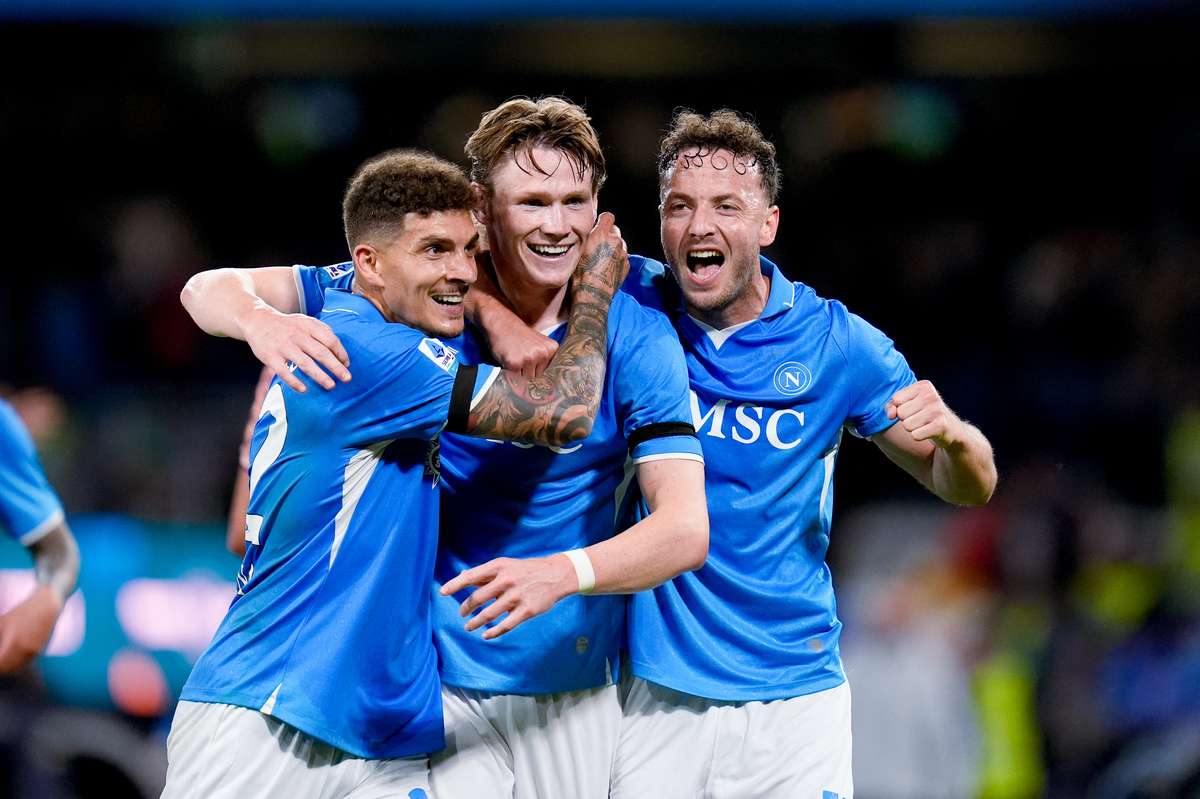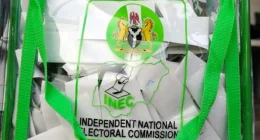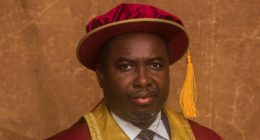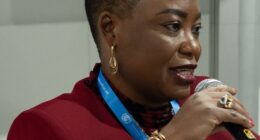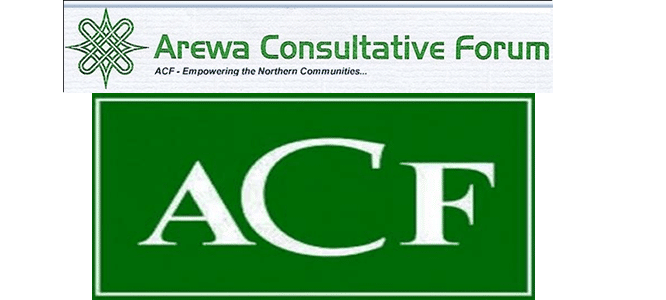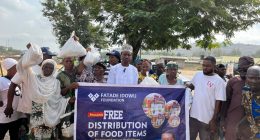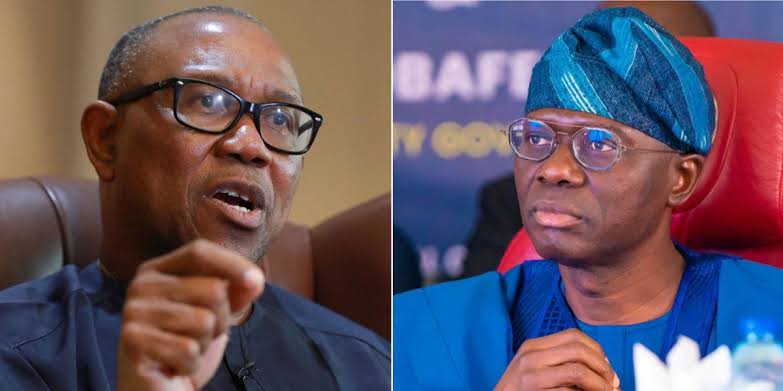
Lagos State Governor Babajide Sanwo-Olu has launched a scathing critique of former Anambra State Governor and 2023 Labour Party (LP) presidential candidate, Peter Obi, accusing him of hypocrisy and asserting that he “lacks the moral standing” to speak on poverty in Nigeria. This comes in response to Obi’s recent lecture at Johns Hopkins University in Baltimore, Maryland, where he compared Nigeria’s poverty trajectory unfavorably to that of China and Vietnam.
In a personally signed statement titled “Factually Addressing Mr. Peter Obi’s Criticism of Nigeria at Johns Hopkins University,” Sanwo-Olu directly challenged Obi’s comments, accusing him of contributing to the very poverty problem he now criticizes.
Obi’s Comments at Johns Hopkins:
During his lecture, Peter Obi highlighted Nigeria’s regression in poverty reduction compared to China and Vietnam, arguing that Nigeria’s failure to achieve similar growth and development stemmed from a lack of competent political leadership committed to investing in education, healthcare, and poverty alleviation.
Sanwo-Olu’s Rebuttal:
Sanwo-Olu vehemently disagreed with Obi’s assessment, labeling his remarks as “disparaging” and “hypocritical.” He argued that prominent Nigerians have a duty to project the country positively on the global stage, rather than “de-market” it. “That is what true patriotism is about,” he stated.
The Lagos governor defended President Bola Tinubu’s record, emphasizing his consistent efforts to combat poverty through investments in education, student loan programs, and support for small businesses. “In less than two years, he has provided over half a billion dollars in credit facilities to small and medium-scale enterprises,” Sanwo-Olu asserted.
Sanwo-Olu directly challenged Obi’s credibility, suggesting that his past actions contradicted his current criticisms. He implied that Obi’s own tenure as governor contributed to the issues he now highlights.
This public clash between two prominent Nigerian political figures underscores the ongoing debate surrounding the nation’s economic challenges and the role of leadership in addressing them. The exchange has ignited discussions about patriotism, accountability, and the best path forward for Nigeria’s development.

